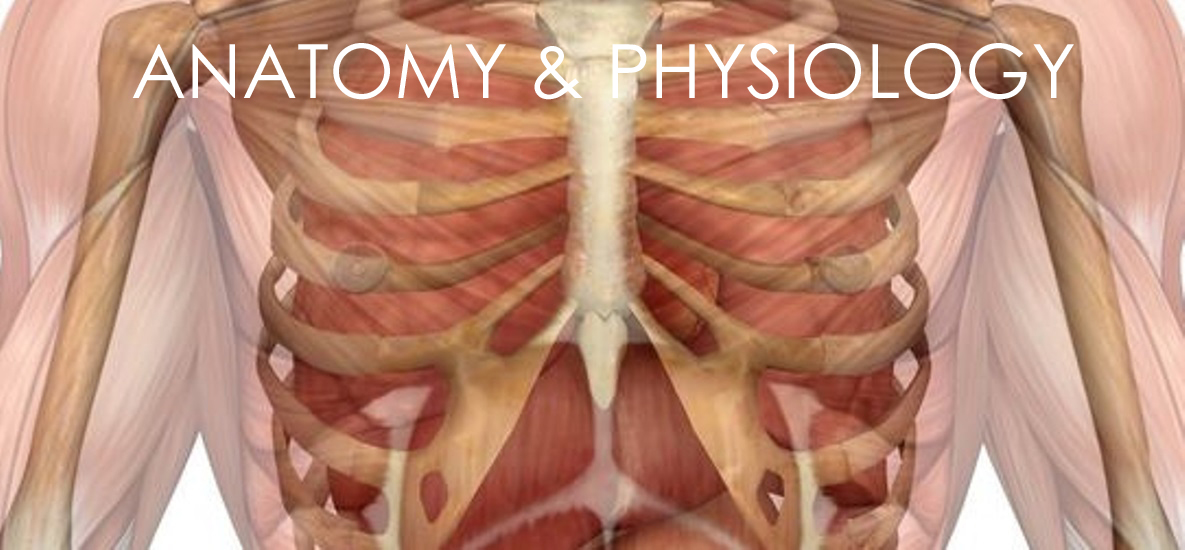Medical Terminology for Billing and Coding
MEDICAL TERMINOLOGY AND HUMAN ANATOMY
In our previous courses, you may have noticed a number of complex anatomy and physiology terms getting tossed around. It’s easy to get confused by medical terminology; thankfully, medical vocab is more bark than bite. If you can familiarize yourself with some prefixes, suffixes, and roots, you’ll be well on your way to mastering the official medical language of the body.
Let’s start off with the basics.
NUMBERS
Many times you’ll encounter a medical term that contains a prefix that describes a number. Here are a few of the most common.
| Prefix | Meaning | Example |
|---|---|---|
| Mono-, uni- | One | Unilateral |
| Bi- | Two | Bilateral |
| Tri- | Three | Triplicate |
DIRECTIONS AND POSITIONS
In medicine, you’ll often encounter terms that describe where a procedure or condition takes place on the body.
| Prefix | Meaning | Example |
|---|---|---|
| Ab- | Away from | Abduction |
| Ad- | Toward | Adduction |
| Ecto-, exo- | Outside | Ectoparasite |
| Endo- | Inside | Endoderm |
| Epi- | Upon | Epinenephrine |
There are also a number of positional and directional medical terms that are not suffixes or prefixes, but are instead standalone words. Here is a short list of some of the most valuable.
| Word | Meaning | Example |
|---|---|---|
| Anterior or ventral | At or near the front surface of the body | “Anterior nerves” |
| Posterior or dorsal | At or near the real surface of the body | “Dorsal surface of the hand” |
| Superior | Above | “Superior (cranial) aspect” |
| Inferior | Below | “Inferior aspect” |
| Lateral | Side | “Lateral aspect” |
| Distal | Farthest from center | “Axons distal to the injury” |
| Proximal | Nearest to center | Proximal end of the forearm” |
BASIC ANATOMY TERMS
These terms will help you navigate the CPT and ICD manuals, decipher doctor’s reports, and give you a more thorough understanding of the medical practice in general. Let’s look now at a few basic terms for the regions of the body. You might recognize some of them.
| Word | Body Part |
|---|---|
| Abdominal | abdomen |
| Buccal | Cheek |
| Cranial | Skull |
| Digital | Fingers and toes |
| Femoral | Thigh |
| Gluteal | Buttock |
| Hallux | Great toe |
| Inguinal | Groin |
| Lumbar | Loin (lowest part of the spine below the false ribs and between the hips) |
| Mammary | Breast |
| Nasal | Nose |
| Occipital | Back of head |
| Pectoral | Chest |
| Sternal | Breastbone |
| Thoracic | Chest |
| Umbilical | Navel |
| Ventral | Belly |
CONDITIONS
Now that we’ve taken a look at the terms that describe the major regions of the body, let’s turn to some conditions that may affect those body parts.
| Prefix | Meaning | Example |
|---|---|---|
| Ambi- | Both | Ambidextrous |
| Dys- | Bad, painful, difficult | Dyslexia |
| Eu- | Good, normal | Eukaryote |
| Homo- | Same | Homogenous |
| Iso- | Equal, same | Isotope |
| Mal- | Bad, poor | Malnutrition |
| Suffix | Meaning | Example |
|---|---|---|
| -algia | Pain | Myalgia |
| -emia | Blood | Hypoglycemia |
| -itis | Inflammation | Bronchitis |
| -lysis | Destruction, break down | Dialysis |
| -oid | Like | Haploid |
| -opathy | Disease of | Neuropathy |
| -pnea | Breathing | Sleep apnea |
SURGICAL PROCEDURES
Let’s wrap up this vocabulary review with a look at some of the most common surgical procedures. Since it’s always imperative to list where on the body a surgical procedure was performed, these vocabulary terms are a small but useful addition to this section. Memorize the meanings of these suffixes and you’ll know instantly what kind of procedure was performed, even if you don’t know exactly what the procedure did.
| Suffix | Meaning | Example |
|---|---|---|
| -centesis | Puncture a cavity to remove fluid | Amniocentesis |
| -ectomy | Surgical removal or excision | Hysterectomy |
| -ostomy | A new permanent opening | Tracheostomy |
| -otomy | Cutting into, incision | Gastrotomy |
| -orrhaphy | Surgical repair or suture | Gastrorrhaphy |
| -opexy | Surgical fixation | Nephropexy |
| -oplasty | Surgical repair | Rhinoplasty |
| -otripsy | Crushing or destroying | Lithotripsy |
Note that you can also use your CPT manual to study human anatomy vocabulary. Current CPT manuals come with instructive illustrations, diagrams, and charts all throughout the book. In the front of the CPT manual, you should be able to find a list of anatomical illustrations. Bookmark this page and refer to it in case you’re looking for an illustration of the eye or inner ear, or need to remember which artery goes where. Also, be sure to download our ebook for more detailed tables on medical terminology.
